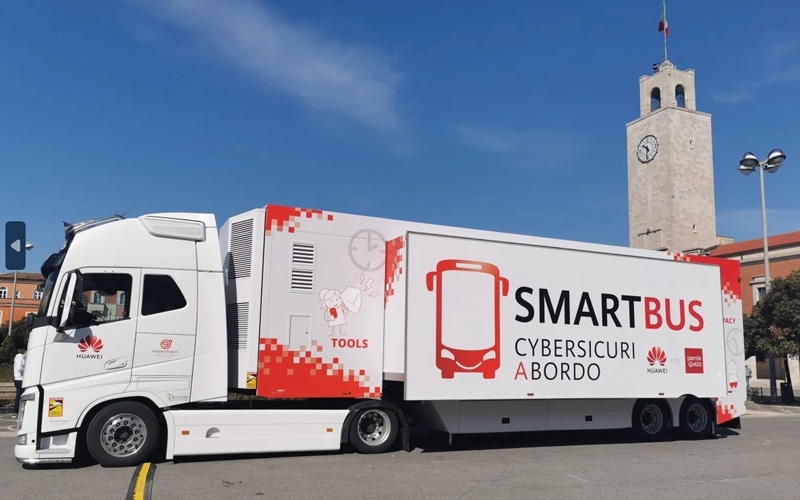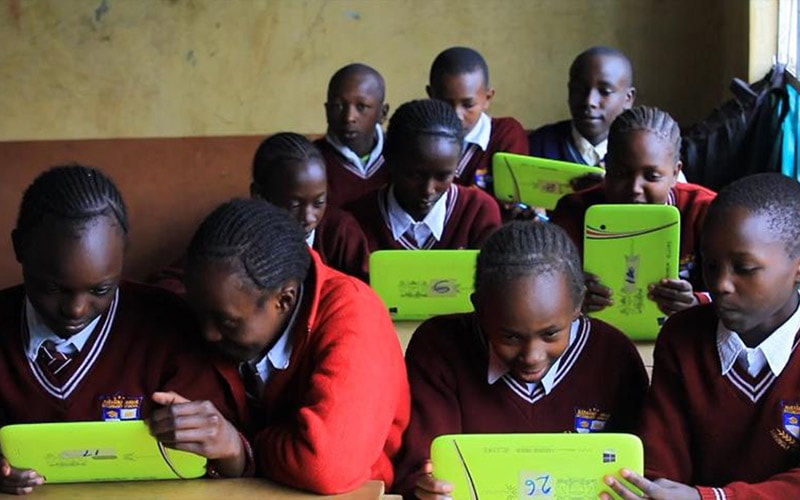DigiTruck France: A Step Closer to Digital Inclusion
The digital divide is a global problem that effects almost every nation. And France is no exception, with the digital divide existing in the generational, social, and cultural contexts. The generational gap mainly affects elderly citizens, who are less familiar with newer technologies. The social divide affects low-income individuals and communities for whom affordability presents a barrier to devices and the Internet, while the cultural divide excludes those with fewer educational opportunities.
In fact, 35% of people in France experience at least one form of difficulty that prevents them from fully using digital tools. And in an increasingly tech-driven world, this gap not only excludes people from enjoying the benefits of digital access, it also exacerbates socioeconomic inequalities.
Reaching priority communities
The digital divide is an issue that the French government recognizes – a key goal of the French National Plan for Digital Inclusion is to promote training and reskilling with a view to raising basic digital skills and expanding the use of digital technology to everyone.
This strategy is also aligned with Huawei’s long-term digital inclusion initiative TECH4ALL, which aims to leave no one behind in the digital world. In response, the France DigiTruck program provides free training in basic digital skills to communities in Quartiers Prioritaires de la Ville (QPVs), which are priority districts identified by urban policy.
Initiated by Huawei in collaboration with WeTechCare and Close the Gap, the DigiTruck is a solar-powered mobile classroom converted from a used shipping container. Equipped with 20 workstations, an Internet connection, and reconditioned Huawei computers, tablets, and smartphones, the classroom can be driven into the heart of cities that may otherwise have little or no access to training.

The program
The DigiTruck is open from Monday to Saturday and offers three themed workshops per day. Each runs for between 90 minutes and 3 hours, with a focus on building three capabilities: using IT tools and devices, accessing online public services, and improving professional competitiveness. Training covers basic digital literacy skills, such as how to use computers, smartphones, email, and online conferencing tools, and specific skills based on need, like how to write a resume, apply for a job online, or a book a hospital appointment.
Target beneficiaries include unemployed young people and adults, and senior citizens who require greater access to training and improved social and professional integration skills, which are increasingly achieved through digital tools and services.
-
4,600
people trained
-
31
cities reached
After its first tour of the Île-de-France region in 2022, the France DigiTruck has returned to this region for the second half of 2023.
This is the truck’s fifth journey on the road to digital inclusion, having previously stopped off in Hauts-de-France in 2021, Île-de-France and the South Region in 2022, and most recently the Grand Est Region in the first half of 2023.
To date, the France DigiTruck has trained over 4,600 people in 31 cities, covering 2,337 km in two years.









